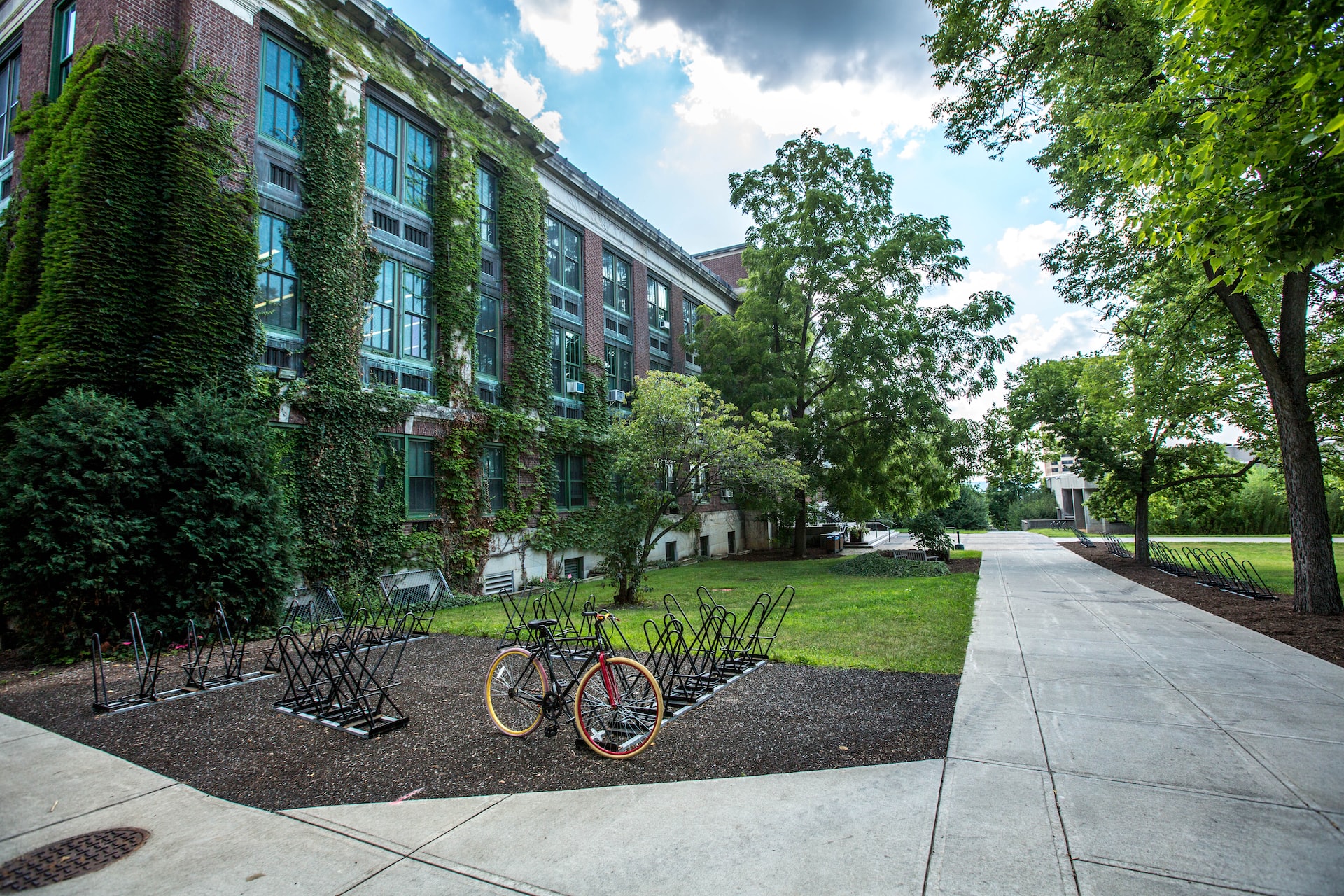
We are a reader-supported education publication. When you buy through links on our site, we may earn an affiliate commission to help us keep providing content.
College visits are an exciting time for prospective students. For many, it’s their first opportunity to see their school, and the first impressions can go a long way in deciding what university they’ll attend. When you’re on a visit, you’ll want to make the most out of the experience. Follow this guide to know what to ask on a college tour.
1. How Can Students Study Abroad?
Studying abroad is one of the best experiences a student can have in college. For many, it’s the first and most suitable time they’ve ever had to travel internationally. Ask about the study abroad programs because it will show how much emphasis the university places on these opportunities. Some institutions have institutional scholarships they award to students who want to participate in a study abroad program.
Depending on your major, there could be opportunities to study the whole semester in another country. Or, there could be an educational trip during spring break or after the semester ends. Ask about these opportunities now so you can start planning early. You can also apply for scholarships through the Department of State and various foundations and organizations designed to help students financially.
2. What is the Average Class Size?
If you’ve seen pictures and videos from college, you may think of giant lecture halls where it appears 200 or more students are sitting shoulder to shoulder. Those classes do exist, and you may come across them. But they’re not indicative of most courses you’ll see. When you’re on tour, ask about the average class size and student-to-professor ratio.
Smaller class sizes provide a more intimate learning environment. Professors in a class of 20 or fewer students can give more attention to each individual. The assignments will be more hands-on, and it’s easier to participate when you’re not fighting for the professor’s attention. The classes with 100 or more students mostly happen in your first couple of years. When you get deeper into your major, the class sizes will shrink.
3. Are There Tutoring Services Available?
During your first year of college, you may have trouble with an assignment in a class. The course you’re taking could have material you’ve never seen before. This predicament presents an opportunity to take advantage of the on-campus tutoring resources. Ask about what services are available and if they’re free. The university typically hires students to work as tutors, and they can provide help. They likely have encountered the same professor and know what they expect.
4. How Is the Food on Campus?
The campus food is an essential part of student life outside of academics. Whether the dining hall, food court, or other on-campus restaurants, it’s worth asking about the food on campus. Most universities require students to have a meal plan, so knowing you’re getting your money’s worth is critical.
Asking about the food selection on campus is vital if you have any dietary restrictions or preferences. For example, going to college as a vegetarian or vegan can be tricky. How the college serves students with these diets will likely determine your perception. Some students who dislike their food options on campus turn to meal prepping and making food in their dorm.
5. How Is the School’s Wi-Fi?
The internet has turned from a helpful resource to a necessity for people worldwide, especially in education. If the professor puts assignments online, you’ll need the internet to complete homework, quizzes, and exams. The reliability of the internet connection in dorms, lecture halls, libraries, and other places is paramount for your college experience.
Wi-Fi is essential for activities outside of academics. After all, college is where you’ll be living for months at a time, so you’ll need internet for your necessary duties and leisure activities. Do you like to play video games online? Do you run a small business and need a reliable internet connection? If so, a strong internet connection will be necessary for you.
6. What Can Students Do for Fun?
Academics are the primary focus for many students, but they also consider leisure when looking at universities. What do students do for fun after class? If your schedule allows free time between or after classes, this question is worth asking. You can join numerous clubs based on niche interests, such as film, foreign languages, board games, and more.
Most universities have recreation centers and intramural sports leagues to encourage physical activity among students. Intramural leagues are an excellent way to make friends and have fun playing your favorite sports. For the school’s sports teams, ask if students have to pay to get into games. Many schools allow students free admission to boost crowd participation at home games.
7. How Do Students Get around Campus?
Depending on your university location, getting to campus and making your way to each class can be challenging. Ask your tour guide or other students on campus about the best ways to commute. If the university is in a large city, there will likely be opportunities to take public transportation, such as a bus or a metro line. Public transportation may be less prominent in smaller college towns, leading students to rely on vehicles.
What to Ask on a College Tour? Burning Questions
When you tour a school, you can’t help but imagine yourself as a student walking around campus. You picture yourself wearing a school sweater with a notebook in one hand and a thermos of coffee in the other. Your college visit is the best time to ask any burning questions you have. If you live far away, your next opportunity to visit could be a long time from now, so ask about the dining hall, the class sizes, and anything else on your mind.
latest in learning!
Get the latest updates in learning, teaching and everything in between! Whether you're a student or an educator, we offer the inspiration you need to fuel your classroom experience.









